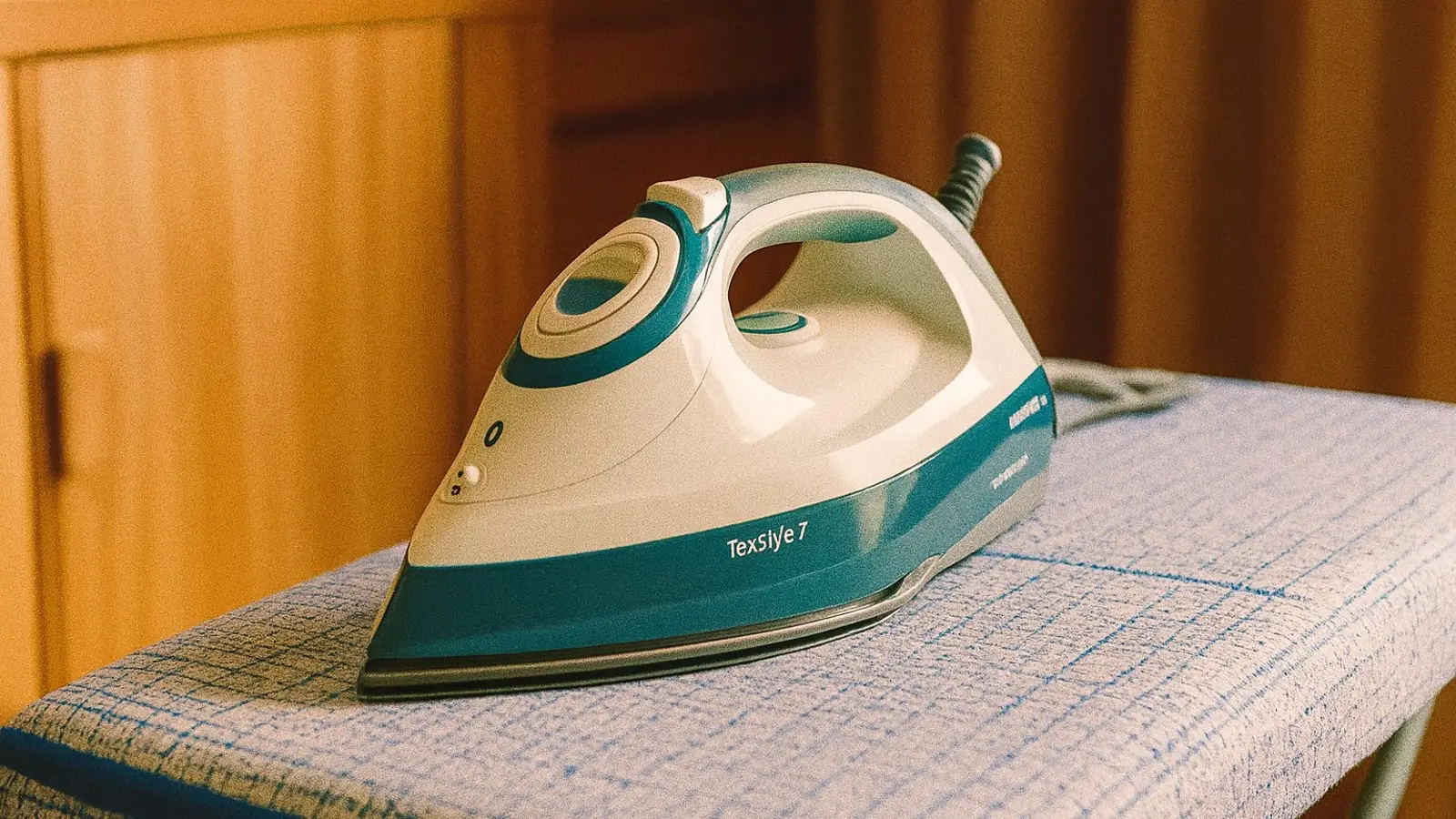https://boda.su/en/posts/id866-why-citric-acid-can-ruin-your-iron-safe-cleaning-tips
Why Citric Acid Can Ruin Your Iron — Safe Cleaning Tips
The Hidden Danger of Using Citric Acid to Clean Your Iron
Why Citric Acid Can Ruin Your Iron — Safe Cleaning Tips
Citric acid may seem like a quick fix for limescale, but it can corrode your iron from the inside. Discover safe ways to clean and protect your appliance.
2025-10-17T11:41:54+03:00
2025-10-17T11:41:54+03:00
2025-10-17T11:41:54+03:00
A Common Cleaning Trick with Unseen Risks
Many people consider citric acid a universal solution against limescale. It’s often used to descale kettles and coffee makers — but when it comes to an iron, this »trusted” method can do more harm than good.
Why Citric Acid Damages Irons
Citric acid truly breaks down mineral buildup, yet it acts far too aggressively on delicate components. Internal metal parts may corrode, and the steam system can become clogged or stop working altogether.
The soleplate is especially vulnerable. Even a small amount of acidic solution can damage its non-stick coating. Over time, this leads to fine cracks and scorch marks that later transfer onto fabrics.
Lingering Effects After Cleaning
Even thorough rinsing rarely removes all traces of the acid. Tiny residues can remain inside the steam channels, continuing to corrode the metal long after cleaning. That’s why appliance manufacturers strongly advise against using acidic substances to clean irons.
Safer Alternatives
Special cleaning agents designed specifically for irons are a much better choice. These products take into account the materials and mechanisms of the appliance, ensuring effective cleaning without damage. Some brands even offer built-in anti-scale systems or filters to prevent buildup altogether.
Preventing Limescale
The simplest prevention measure is to fill the water tank with distilled water. This habit greatly reduces mineral deposits and makes deep cleaning a rare necessity.
If buildup still appears, neutral pH cleaning pastes or wipes are a gentle and effective solution. They remove residue carefully, without affecting the iron’s soleplate coating.
Gentle Care for Lasting Performance
Consistent maintenance and adherence to manufacturer guidelines extend your iron’s lifespan and keep it working safely. Mild cleaning methods preserve both functionality and appearance.
A bit of care today translates into savings and peace of mind tomorrow — your iron will serve longer, without any unpleasant surprises.
Citric Acid, Iron Cleaning, Limescale Removal, Appliance Care, Steam Iron, Cleaning Tips, Home Maintenance, Safe Cleaning Methods, Iron Maintenance, Household Advice
2025
articles
The Hidden Danger of Using Citric Acid to Clean Your Iron
Citric acid may seem like a quick fix for limescale, but it can corrode your iron from the inside. Discover safe ways to clean and protect your appliance.
Generated by Dall-e
A Common Cleaning Trick with Unseen Risks
Many people consider citric acid a universal solution against limescale. It’s often used to descale kettles and coffee makers — but when it comes to an iron, this “trusted” method can do more harm than good.
Why Citric Acid Damages Irons
Citric acid truly breaks down mineral buildup, yet it acts far too aggressively on delicate components. Internal metal parts may corrode, and the steam system can become clogged or stop working altogether.
The soleplate is especially vulnerable. Even a small amount of acidic solution can damage its non-stick coating. Over time, this leads to fine cracks and scorch marks that later transfer onto fabrics.
Lingering Effects After Cleaning
Even thorough rinsing rarely removes all traces of the acid. Tiny residues can remain inside the steam channels, continuing to corrode the metal long after cleaning. That’s why appliance manufacturers strongly advise against using acidic substances to clean irons.
Safer Alternatives
Special cleaning agents designed specifically for irons are a much better choice. These products take into account the materials and mechanisms of the appliance, ensuring effective cleaning without damage. Some brands even offer built-in anti-scale systems or filters to prevent buildup altogether.
Preventing Limescale
The simplest prevention measure is to fill the water tank with distilled water. This habit greatly reduces mineral deposits and makes deep cleaning a rare necessity.
If buildup still appears, neutral pH cleaning pastes or wipes are a gentle and effective solution. They remove residue carefully, without affecting the iron’s soleplate coating.
Gentle Care for Lasting Performance
Consistent maintenance and adherence to manufacturer guidelines extend your iron’s lifespan and keep it working safely. Mild cleaning methods preserve both functionality and appearance.
A bit of care today translates into savings and peace of mind tomorrow — your iron will serve longer, without any unpleasant surprises.

